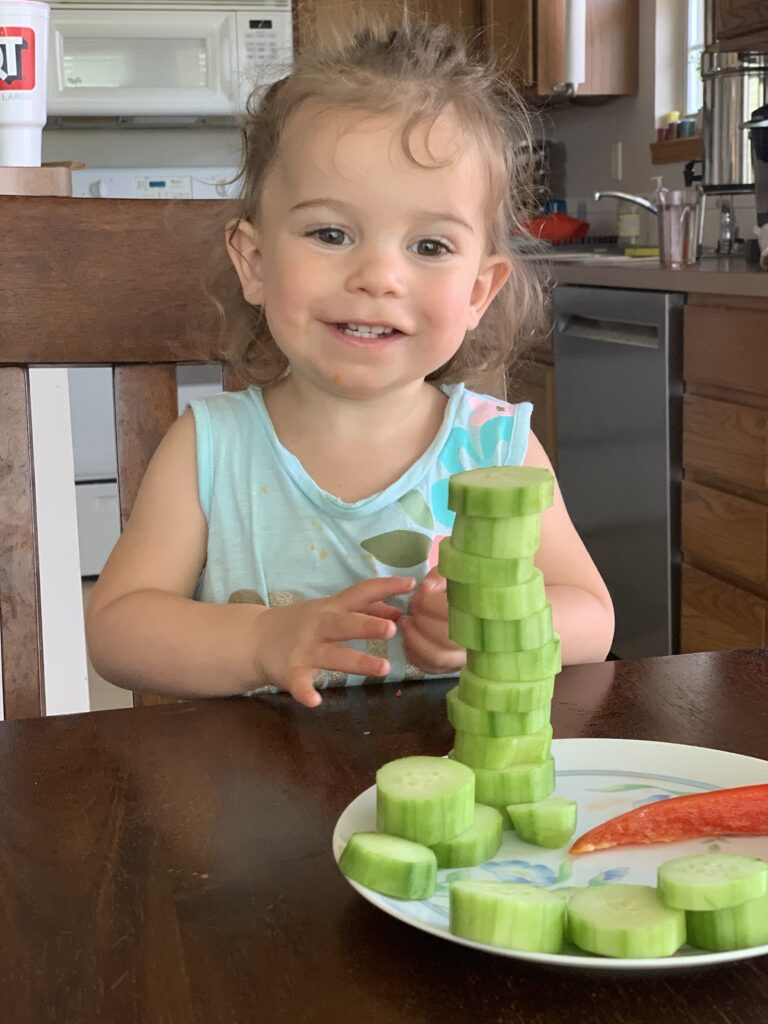An Important Guide for the Charlotte Mason Homeschool Method

Homeschooling has gained significant popularity over the years as an alternative education method. One of the primary reasons for this is it offers flexibility and personalized learning experiences for children. One such approach that has garnered attention is the Charlotte Mason homeschool method. Developed by the British educator Charlotte Mason in the late 19th century, this method emphasizes a holistic and living education, nurturing the child’s mind, heart, and character. This blog post will provide you with a comprehensive overview of the Charlotte Mason homeschool method.
The Foundation of Charlotte Mason Method
The Charlotte Mason homeschool method is rooted in a few key principles:
a) Atmosphere: Creating a positive and nurturing environment that fosters curiosity, respect, and a love for learning.
b) Living Books: Books that have a personal connection with the author. Instead of dry textbooks, living books engage children’s minds and ignite their imagination.
c) Narration: Encouraging children to retell or narrate what they have learned. This practice develops their communication skills and understanding of the material.
d) Short Lessons: Keeping lessons short and focused to sustain children’s attention and prevent them from becoming overwhelmed.
e) Nature Study: Incorporating regular outdoor exploration and nature study. This practice cultivates a sense of wonder, observation skills, and an appreciation for the natural world.
Subjects and Curriculum
The Charlotte Mason homeschool method covers a broad range of subjects, emphasizing a well-rounded education. Some of the key subjects include:
a) Literature: Exposing children to classic literature, poetry, and living books. This helps to inspire their imagination and nurture a love for reading.
b) History and Geography: Exploring history and geography through engaging narratives and living books. This allows children to make connections and develop a sense of time and place.
c) Science: Encouraging hands-on experiments, nature walks, and observations to foster curiosity and a scientific mindset.
d) Art and Music: Providing opportunities for children to appreciate and create different kinds of art.
e) Handicrafts: Incorporating practical skills and crafts, such as knitting, woodworking, or gardening, to develop creativity and fine motor skills.
Daily Routines and Habits
The Charlotte Mason homeschool method emphasizes establishing regular routines and cultivating good habits. Some essential elements include:
a) Morning Time: Starting the day with a calm and intentional morning routine that may include Bible reading, hymns, poetry, or a read-aloud session.
b) Outdoor Time: Allocating time for outdoor activities, nature walks, or nature study, allowing children to connect with the natural world and develop observation skills.
c) Narration and Discussion: After reading a living book or completing a lesson, children are encouraged to narrate or discuss what they have learned, reinforcing comprehension and critical thinking skills.
d) Free Time and Play: Allowing ample time for unstructured play and independent exploration, as it plays a crucial role in a child’s development.
Community and Resources
One of the significant advantages of homeschooling is the opportunity to connect with other homeschooling families and participate in a wider community. Seek out local homeschool groups, online forums, and social media platforms to find support, share experiences, and discover valuable resources for implementing the Charlotte Mason homeschool method.
Conclusion
The Charlotte Mason homeschool method offers a rich and holistic educational experience for children, focusing on living books, narration, nature study, and cultivating good habits. By embracing this approach, you can create an atmosphere of curiosity, nurture your child’s mind, and provide them with a love for learning that extends far beyond the traditional classroom. Remember, as a beginner, it’s essential to be flexible, experiment, and adapt the method to suit your family’s unique needs and preferences. Happy homeschooling!
